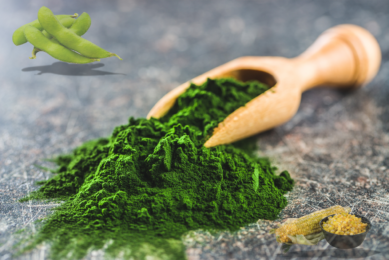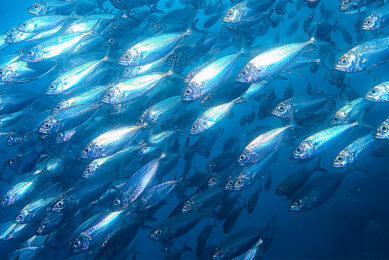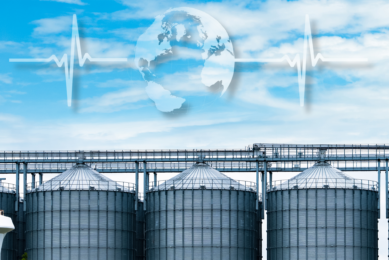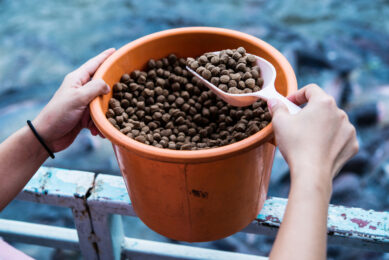Insect meal and oil for Atlantic salmon
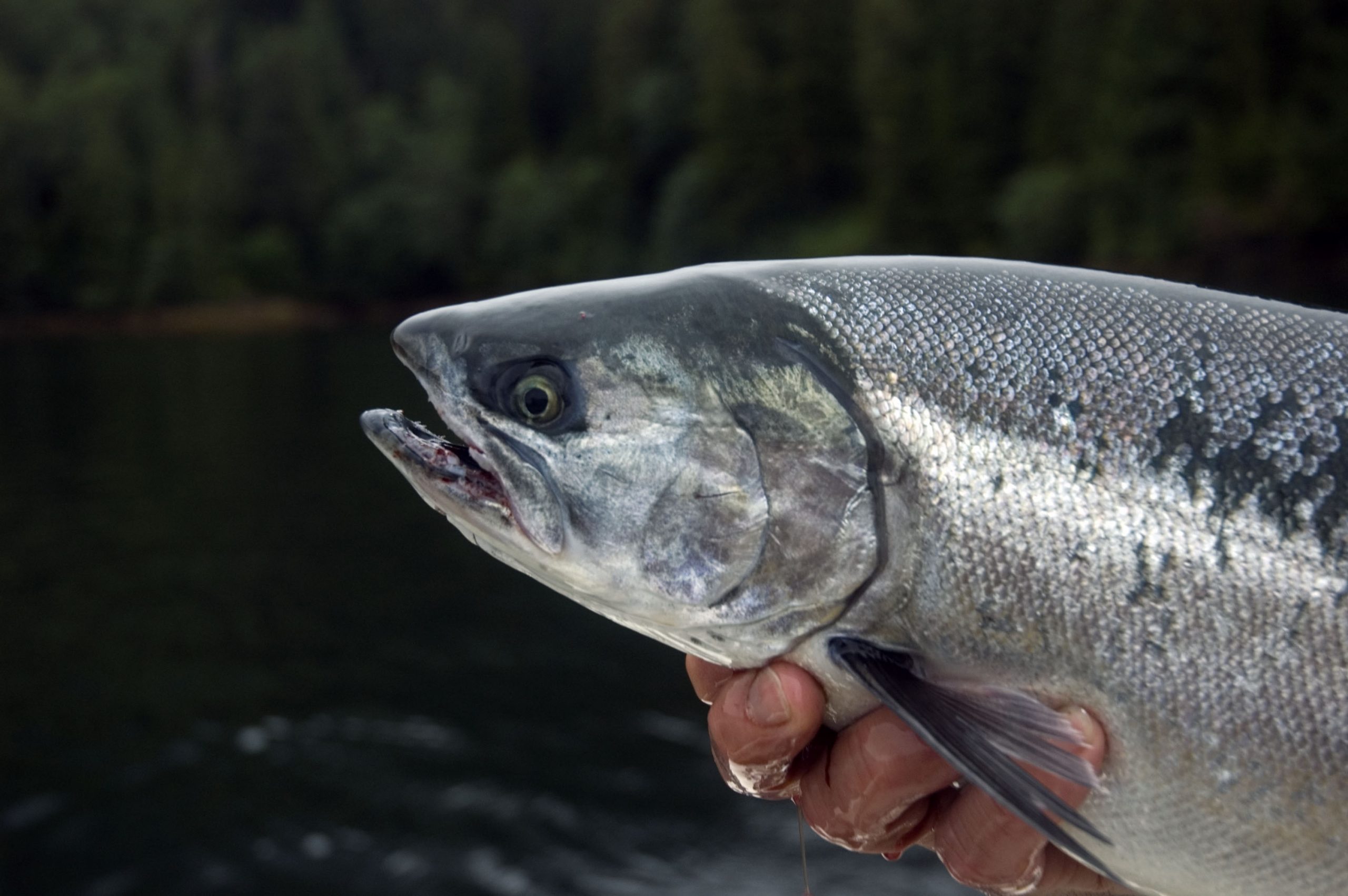
Insect derived ingredients take off in aquaculture after the EU approved the use such ingredients in 2017. But what are the benefits for salmon?
Insect larvae have successfully been used as a feed ingredient for a variety of fish species. Black soldier fly larvae (BSF) are rich in protein (≈40% of dry weight (DW)) and have a well-balanced essential amino acid profile, similar to the amino acids of fishmeal, and can thus provide high-value feedstuff. Moreover, BSF larvae are a good source of minerals such as iron, zinc, potassium, phosphorus, manganese and magnesium and contain a variety of vitamins. BSF larvae also have a high fat content (≈30% of DW), which composition will vary according to the insect feeding medium.
Different diets tested
A team of Norwegian and Italian researchers looked at the effect of dietary insect meal (IM) and insect oil (IO), derived from BSF larvae, on growth performance, body composition and nutrient digestibility of freshwater reared Atlantic salmon. The control diet (IM-0/VO) represents a modern freshwater salmon diet, with protein from fish meal (FM) and soy protein concentrate (SPC) (50:50) and lipids from fish oil (FO) and vegetable oil (VO) (33:66). 5 experimental diets were formulated, where 85% of the protein was replaced with IM (IM-85) and/or all the VO was replaced with IO, either produced from larvae grown on media 1 (IO1) or media 2 (IO2).
No negative effect on growth performance
It was shown that using insect ingredients in the fish feeds did not affect the voluntary feed intake, indicating no negative effect on palatability of the insects-based diets for the Atlantic salmon. Even at inclusion levels of 600g IM per kg diet, no negative effects on growth performances or feed conversion ratios were observed. This is in accordance with other trials using BSF protein meal or whole insect meal to replace fish meal in diets for salmonids, where no effects on growth were seen. The fish fed diets with insect oil from BSF larvae grown on substrate enriched with marine macroalgae (IO2) grew as fast as the control group (fed dietary VO), while the fish fed diets with insect oil from larvae grown on media containing only terrestrial organic waste (IO1) grew slightly less.
Furthermore, the BSF protein meal seems to be a good source of AA and has high bioavailability for AA in Atlantic salmon. Moreover, the whole body proximate composition was not influenced by the use of insects-based diets. One should, however, be aware of the low concentrations of taurine in BSF insect meal and the possible effects this could have on lipid metabolism and deposition.
[Source: Aquaculture]




